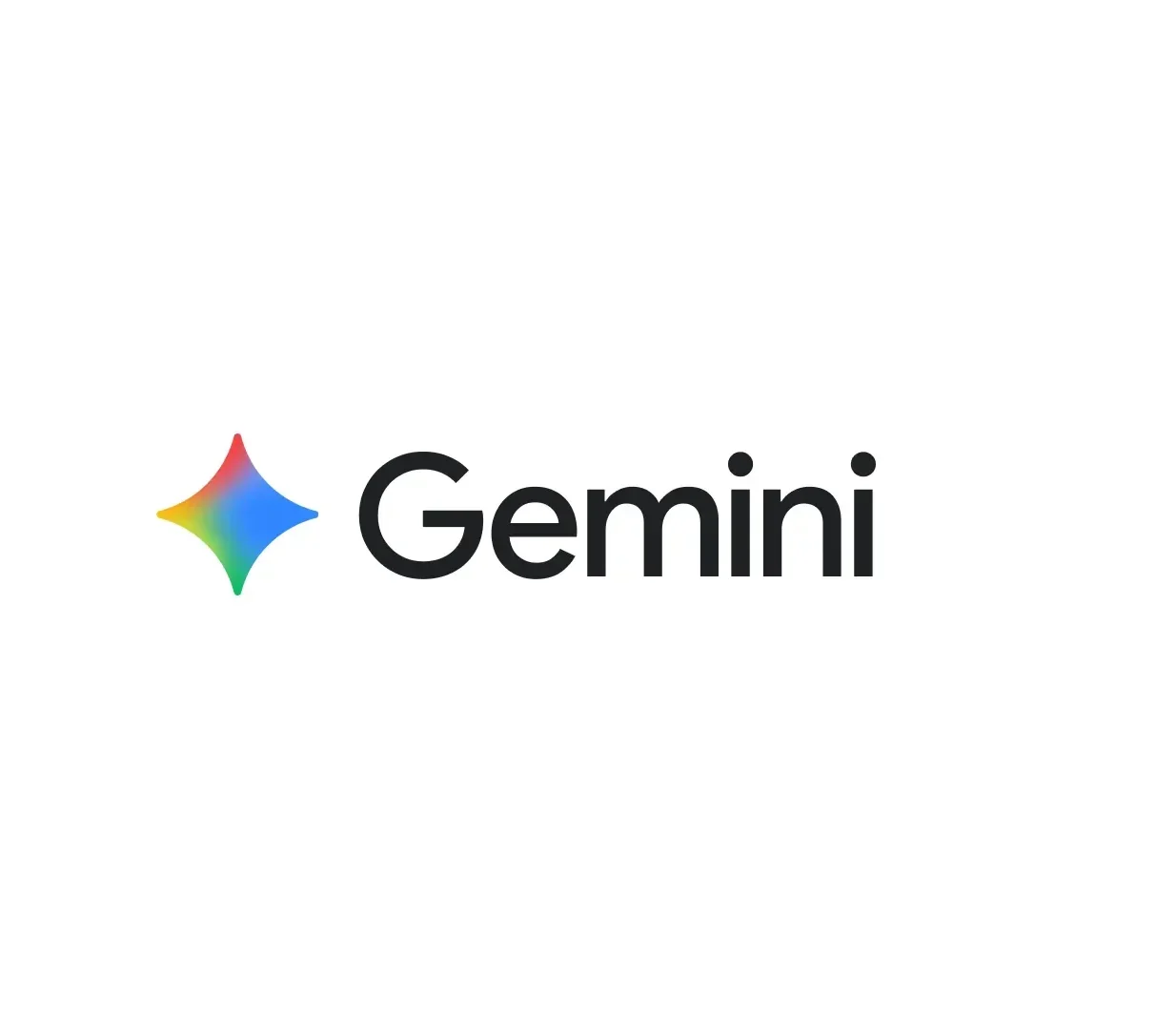The AI Cold War
Gemini Is Redefining the Race for Digital Supremacy
By Zulaikha bi


In the ever-evolving world of artificial intelligence, leadership can shift with surprising speed. For a long time, OpenAI’s ChatGPT seemed to hold an unshakeable lead, but that dominance is now being challenged in a way few could have predicted. Google’s Gemini, once seen as a mere competitor, has made significant strides in recent months. Its aggressive technological updates and strategic integration into the vast Google ecosystem have not only closed the gap but, in some ways, placed it at the forefront of the consumer AI race.
This isn’t just about a single company winning; it’s a new chapter in a high-stakes AI cold war, where each major player is vying for a place at the very center of how humanity interacts with information itself. While Gemini and ChatGPT battle for the top spot, other formidable players like DeepSeek and Grok are not far behind, each carving out a unique and valuable niche.
The narrative of this rivalry is best understood through the numbers, which tell a compelling story of market shift. As of late 2025, ChatGPT maintains its lead in overall traffic, with over 5.72 billion monthly visits. The platform processes a staggering 1 billion daily queries and boasts a user base of roughly 700 million weekly active users. However, beneath these impressive figures lies a telling trend: while ChatGPT’s growth has been steady, Gemini’s has been explosive.
Gemini’s user base has seen a remarkable surge, reaching 450 million monthly active users by July 2025, a nearly four-fold increase in daily active users since late 2024. This rapid growth is largely attributed to its deep integration into the Google ecosystem. As one tech analyst recently put it, “The real battle for AI is not about who has the smartest model, but who can make their AI a part of our daily lives without us even noticing.” Google has done just that, making Gemini the default AI on Android devices and a seamless component of tools like Google Search and Gmail.
Gemini’s success isn’t just about strategic placement; it’s a powerful blend of technological advancement and user-centric design. The release of Gemini 2.5 Pro and Gemini 2.5 Flash models marked a significant leap forward. Gemini 2.5 Pro, in particular, is lauded for its “Deep Research” feature, which can autonomously browse hundreds of websites and synthesize detailed, multi-page reports. This is a game-changer for anyone needing to quickly digest complex information.
The Gemini 2.5 Flash model, on the other hand, prioritizes speed and efficiency, generating text at an impressive 263 tokens per second. It’s also an incredibly cost-effective option, consuming 33 times less energy per prompt than models from a year prior. Beyond core performance, Google capitalized on a quirky viral trend with the “Nano Banana” tool, an AI image-editing feature that transforms photos into 3D collectible figurines. This feature, which exploded on social media, propelled the Gemini app to the top of both the iOS and Android app charts worldwide, proving that a low-friction, fun user experience can be just as crucial as a powerful AI engine.
The Competitive Landscape, Beyond the Top Two
The AI landscape is far richer than a simple two-way race. Other models are thriving by focusing on specific, high-value use cases and distinct user experiences. This specialization suggests the AI ecosystem is not a zero-sum game, but a diverse market where different giants serve different needs.
DeepSeek has gained a loyal following among developers and researchers by prioritizing technical prowess and efficiency. Its models like DeepSeek-Coder are highly respected in technical circles for their accuracy and low hallucination rates. The model’s Mixture of Experts (MoE) architecture makes it a cost-effective and high-performing option for enterprise applications, where data privacy and control are paramount.
Businesses can run DeepSeek models on-premise, allowing them to process sensitive data without the risks associated with cloud-based APIs. As a recent report from a major consulting firm noted, “For most enterprises, the path to AI adoption has been blocked by two towering barriers: prohibitive costs and vendor lock-in. DeepSeek emerges as a disruptive force.” This open-source approach positions DeepSeek not as a consumer-facing rival, but as a critical tool for the future of business and research.
Similarly, Grok, developed by Elon Musk’s xAI, is carving out its own space through its unique personality and real-time data integration with X (formerly Twitter). Unlike other AI assistants designed to be neutral and restrained, Grok is intentionally witty, irreverent, and at times, sarcastic.




This design choice aligns perfectly with the culture of its parent platform. With the recent release of Grok 3, the model has matured significantly, providing real-time, context-aware responses on trending topics. A senior xAI developer was quoted as saying, “We’re building an AI that’s not just smart, but has a sense of humor and a bit of attitude.” Grok’s deep integration into X makes it a powerful hybrid of social platform and AI-powered media hub, redefining what a conversational AI can be.
An Evolving Ecosystem
The competition is expected to intensify as the AI market continues its rapid growth, projected to be worth an astounding $757.58 billion in 2025. All eyes are on OpenAI as it’s expected to release GPT-5, a model rumored to have enhanced reasoning capabilities, fewer hallucinations, and the ability to act as an autonomous agent to complete complex, multi-step tasks. This will undoubtedly raise the bar for all competitors.
However, the true takeaway is that this is not a zero-sum game. The AI landscape is evolving into a rich ecosystem where different models specialize in different domains. ChatGPT will likely continue to lead in creative, professional, and educational contexts, while Gemini solidifies its role as the go-to for mobile and daily utility, seamlessly integrated into billions of devices. DeepSeek will continue to serve its niche of technical users and enterprises who prioritize efficiency and data security, and Grok will appeal to those who value real-time information and a distinct, personality-driven interaction.
In the end, this isn’t just a race between competing companies. It’s a fundamental shift in how we access information, solve problems, and even create. The AI cold war is far from over, but for now, the balance of power is undeniably shifting. The real winner is not a single company, but the user, who benefits from a continually improving and more specialized array of AI tools, each designed to fit a different part of their lives. We are living through a pivotal moment in technological history, and the next chapter is being written right now.



